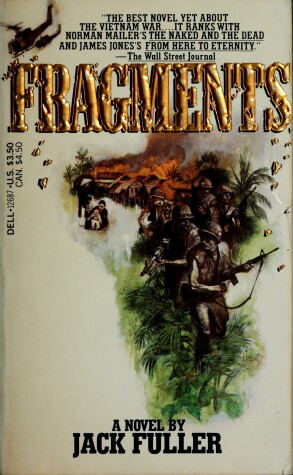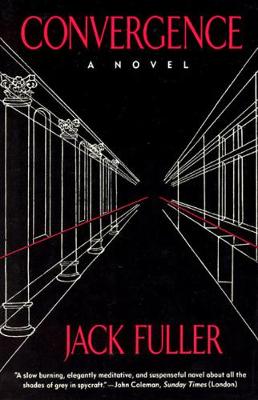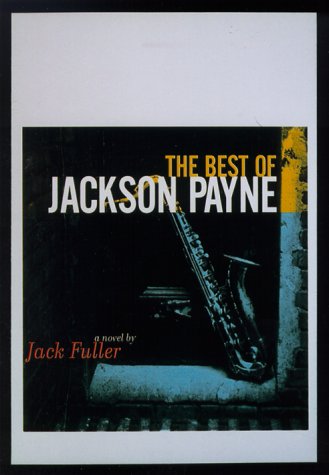Phoenix Fiction S.
3 total works
Fragments is a story about how war can make everything explosive--even love--and how two friends try to put the pieces of their lives together again. "[Fragments] makes the usual semi-autobiographical account [of the Vietnam War] ...seem flimsy and discursive in comparison...The shapeliness and sense of larger design [is] so elegantly executed in Fragments."--Michiko Kakutani, New York Times "The plot is believable, the characters sharply drawn, the prose clean and distinctive...Stand[s] with Tim O'Brien's Going After Cacciato, James Webb's Fields of Fire, Josiah Bunting's The Lionheads and John Del Vecchio's The 13th Valley...A strong, compelling novel."--Marc Leepson, Washington Post "There have been many books on Vietnam, and there will be many others. This is more a novel than the rest...Fuller has reassembled the exploded grenade."--Bob MacDonald, Boston Sunday Globe "Should our children ask about Vietnam, we would not go wrong to place this book in their hands...[Fragments] purveys more than information--it gives the war a literary form."--David Myers, New York Times "The best novel yet about the Vietnam War...It ranks with Norman Mailer's The Naked and the Dead and James Jones's From Here to Eternity.
"--Daniel Kornstein, Wall Street Journal
"--Daniel Kornstein, Wall Street Journal
"A brilliant achievement. . . .Like the best work of Greene and Le Carré, it is more than genre fiction; it is literature. . . .[Convergence] is the most plausible, and perhaps the best spy novel ever written by an American." —Arthur Maling, Chicago Tribune
"An intelligent, readable novel about two kinds of intrigue—international and bureaucratic. He succeeds admirably at both tasks."—Ross Thomas, Washington Post
"A solid, provocative first novel about the 'deadly game of espionage' . . . Thoughtfulness and human frailty take precedence over action and suspense. Irony is the prevailing mode. . . . Fuller depicts intelligence work—its technical minutiae and its vaunted goals—convincingly. And he subtly weaves various parallels into complementary layers of potential convergence."—Jeffrey Burke, Wall Street Journal
"A fast-moving, dramatic, thinking person's spy novel."—Nelson DeMille, Newsday
"An intelligent, readable novel about two kinds of intrigue—international and bureaucratic. He succeeds admirably at both tasks."—Ross Thomas, Washington Post
"A solid, provocative first novel about the 'deadly game of espionage' . . . Thoughtfulness and human frailty take precedence over action and suspense. Irony is the prevailing mode. . . . Fuller depicts intelligence work—its technical minutiae and its vaunted goals—convincingly. And he subtly weaves various parallels into complementary layers of potential convergence."—Jeffrey Burke, Wall Street Journal
"A fast-moving, dramatic, thinking person's spy novel."—Nelson DeMille, Newsday
When Charles Quinlan, an academic obsessed with jazz, starts exploring the life and death of Jackson Payne, a fictional tenor-sax player, he can't imagine where his research will lead. Told in a series of dazzling riffs by everyone from Payne's lovers to his fellow musicians, The Best of Jackson Payne is a novel that swings unlike any other.


